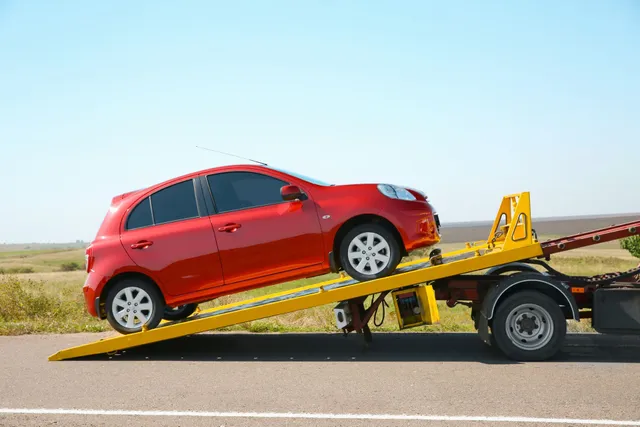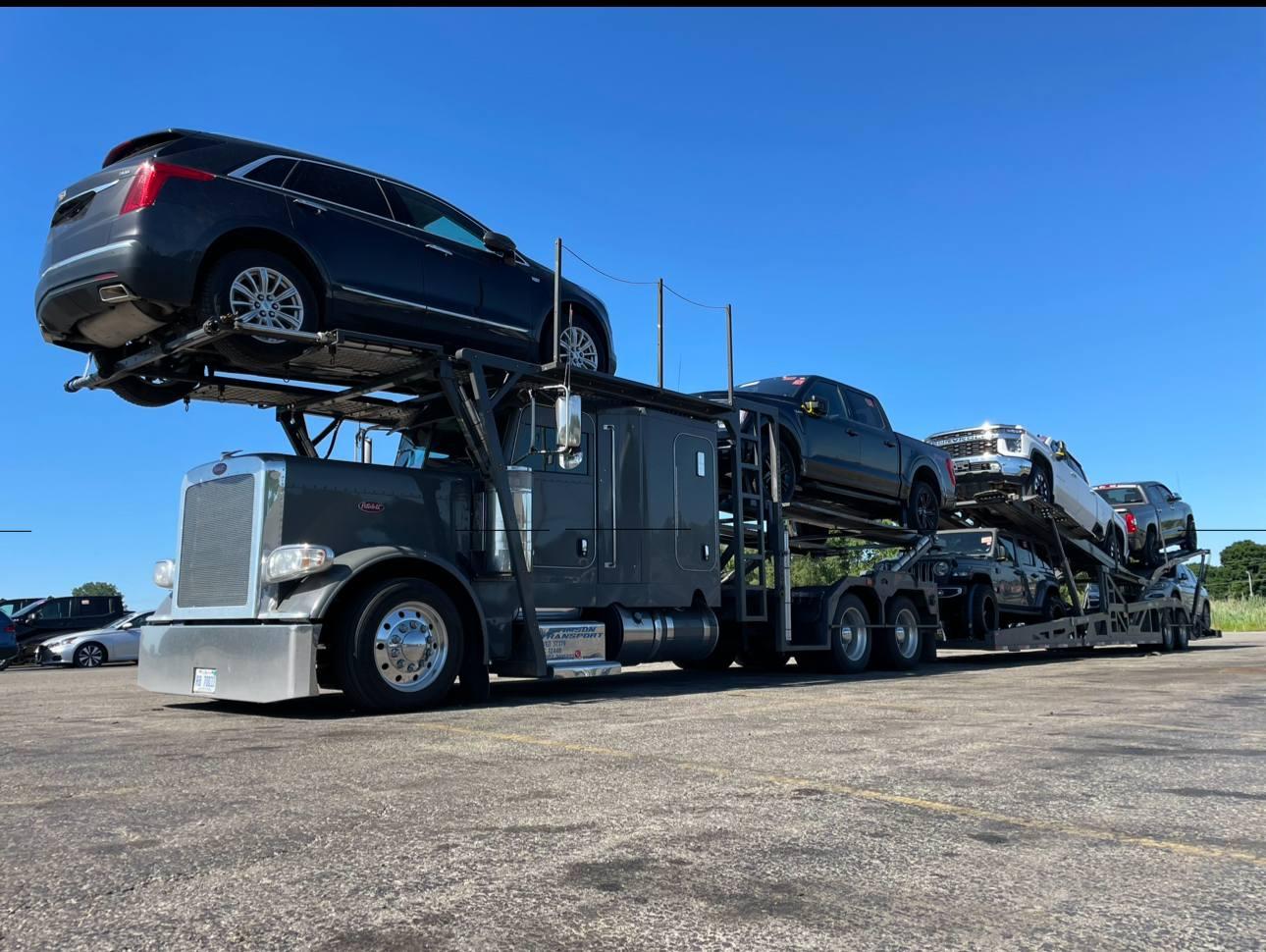Does Car Insurance Cover Towing in Pittsburgh, PA? Here’s What to Know

Breaking down on the side of the road is never part of the plan. Whether it’s a flat tire, dead battery, or an unexpected mechanical issue, sometimes you have no choice but to call a tow truck. But before you make that call in Pittsburgh, PA, you may wonder: Does my car insurance cover towing? The answer depends on your policy and the specific type of coverage you carry.
Let’s break it all down so you’re better prepared when you need a tow—and know what your car insurance will and won’t cover in the Steel City.
Towing Coverage: Optional but Important
Towing isn’t automatically included in most standard auto insurance policies. To have your insurer pay for towing costs, you’ll typically need to add towing and labor coverage or roadside assistance as an extra feature to your policy.
Although comprehensive coverage protects your vehicle from things like theft, vandalism, and weather damage, it usually does not cover the cost of towing unless it's connected to one of those covered perils. For example, if your car is vandalized or flooded on a Pittsburgh street and then needs to be towed, comprehensive insurance might kick in. However, if your car simply won't start, towing will only be covered if you have added towing protection.
For local drivers looking to expand their protection, many opt for affordable car insurance coverage in Pittsburgh that includes essential roadside services.
What Does Towing Insurance Actually Cover?
Towing coverage reimburses you up to a selected limit for the cost of having your disabled vehicle towed to a mechanic or another location of your choice. It can either be a standalone addition or part of a broader roadside assistance package, which may also include:
- Flat tire change
- Jump-start or battery service
- Lockout assistance
- Fuel or fluid delivery
- Winching or extrication services
Each insurer sets different limits on towing distances, types of vehicles covered, and number of service calls allowed per year. In Pittsburgh, where icy winters and hilly terrain can cause more roadside emergencies than average, having towing coverage can give you some much-needed peace of mind.
Scenarios Where Towing is Covered
Generally, you’ll be covered for towing expenses when:
- Your car is mechanically disabled and can’t be driven safely.
- Your vehicle is stuck on the side of the road due to a flat tire, dead battery, or similar issue.
- You need to be towed within a certain distance, such as 25 miles, to a repair facility or dealership.
- You are a frequent commuter or drive long distances, making emergency assistance more essential.
For example, imagine breaking down while navigating the steep streets of Pittsburgh’s South Side or getting stuck during rush hour on I-376. With roadside assistance or towing coverage, you won’t have to worry about out-of-pocket expenses or waiting hours for help.
When Towing is NOT Covered
Unfortunately, towing is not covered in every situation. Here are common scenarios where you might be left footing the bill:
- You didn’t purchase towing or roadside assistance coverage.
- Your car is stuck in an inaccessible location, such as deep snow, off-road terrain, or private property that a tow truck can’t reach.
- The situation doesn’t qualify as a covered peril under your policy, and you only have basic liability or comprehensive without towing coverage.
Some drivers also assume that towing is automatically included with full coverage—but this isn’t always the case. Always read your policy documents or ask your insurer directly to know where you stand.
Who Pays the Tow Truck?
In most cases, your insurance company doesn’t have a fleet of tow trucks. When you call for help, you’ll likely be connected to a third-party service. Depending on your coverage:
- You may pay upfront and get reimbursed later.
- Your insurer may dispatch and pay the tow provider directly, avoiding out-of-pocket costs.
- You’ll need to keep receipts or invoices to file a successful claim.
If you're ever unsure about what steps to take, having the phone number of your insurance provider or roadside assistance hotline saved in your contacts can save you a headache during a stressful situation.
Want to be confident your vehicle will be covered if you break down in Pittsburgh or nearby areas? Explore auto insurance solutions tailored for Pittsburgh drivers that include towing and more.
Alternatives to Insurance Towing Coverage
While adding towing to your auto insurance is convenient, it’s not your only option. Many people in Pittsburgh are members of motor clubs like AAA, which offer roadside assistance packages with similar benefits. If you already have such a membership, it might be redundant to purchase separate towing coverage through your insurer.
Some vehicle manufacturers also provide complimentary roadside assistance for new cars during the warranty period. Always check your warranty or lease agreement to see if towing is already included.
Should You Add Towing Coverage?
Here are a few scenarios where adding towing coverage might be a smart move:
- You drive an older vehicle more prone to mechanical breakdowns.
- You commute long distances regularly across Pittsburgh or western Pennsylvania.
- You don’t already have a motor club membership that provides roadside assistance.
- You want budget-friendly peace of mind for the cost of just a few extra dollars a month.
Towing coverage is especially practical for residents who deal with seasonal road hazards like black ice, flooding, or snow-covered hills. The convenience, safety, and financial benefits of being towed quickly when something goes wrong can’t be overstated.
Final Thoughts: Does Your Car Insurance Cover Towing?
The bottom line? Towing is not automatically included in standard car insurance policies, but it’s widely available as an add-on through your insurer or motor club. If your vehicle breaks down in Pittsburgh or surrounding neighborhoods, having this coverage ensures you’re not stuck without help—or stuck paying high towing fees out of pocket.
As always, review your policy details carefully or speak with an agent to verify your coverage and limits. A little preparation now can save you a big headache later.


